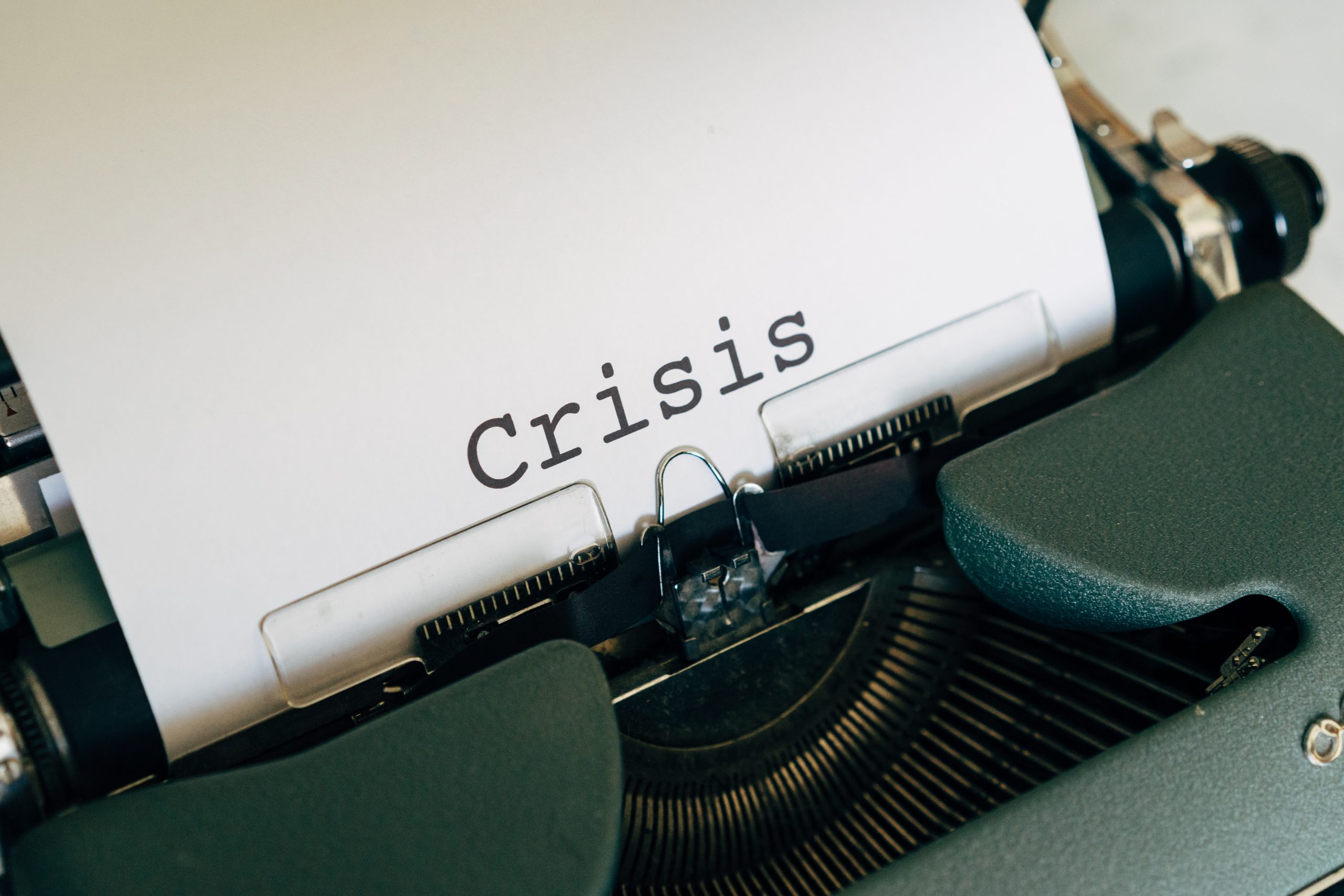Does your business or organization have an action plan in place in case of a PR crisis? According to a poll, only 62% of businesses have a crisis communication plan—and of those that do—the majority do not update it as needed or practice scenarios where it can be implemented.
At Proven Media, we’re leaders in implementing communication, public relations, and marketing plans. This means crisis communication plans as well—which are vital to organizations of every size and in every industry. What is a crisis communication plan and why is it important? Read on to find out.
Crisis Communication Plan Basics
While official definitions vary, our favorite definition comes from HubSpot: “A crisis communication plan is a set of guidelines used to prepare a business for an emergency or unexpected event. These plans include steps to take when a crisis first emerges, how to communicate with the public, and how to prevent the issue from occurring again.”
If you visit HubSpot’s helpful blog post on this topic, they provide crisis communication plan templates and examples that can help your business get started creating one. Like all communication plans, crisis communications is often organization and industry specific, but all crisis communication plans share similar elements and steps.
First, define what a crisis is to your unique business. Crisis situations vary per business and industry. Gather your team together and brainstorm some of the most likely-to-happen crisis situations. Essentially, what would you most likely be vulnerable to in your business and industry?
Once a crisis is identified, get to the nuts and bolts of the plan. Crisis communication plans are like fingerprints—they’re unique to every business. We recommend bringing in communication experts to help you create one, but whether you’re working with the pros or DIY, all crisis communication plans should have these basic elements:
- A detailed plan overview that explains when to put the plan in place, who oversees what, and why it’s important. We recommend this is as detailed as possible but also easy to read and update as needed.
- Identify the stakeholders in the plan and update contact info as needed. We suggest having a dedicated crisis team.
- Write out and implement approved key messaging and make sure everyone is on board. Especially if a crisis involves the media, you’ll want to make sure everyone knows the specific talking points needed and – most important perhaps – what not to say. Who are your official spokespeople? Assign those roles and make sure they’re prepared.
- Have fact sheets and information on the ready, maybe even for a couple of different scenarios depending on your business’ risk factors.
- Have a matrix or a go-to sheet ready on how to handle internal communication. How you speak to your internal team makes all the difference.
- Have a go-to contact list of media contacts and external stake holders who will want information ASAP once the crisis hits.
- Brainstorm a social media policy and put it in place once a crisis hits. Who monitors social media for you? What should they say? Templates should be ready to go before a crisis hits.
- Once you have all of the above info, you should also have an appendix—a list of go-to info for your crisis team to easily access. This can include everything from policies related to the media to contact info for key staff members.
Once all of these are in place, your crisis communication plan should be in one easy-to-read and easy-to-find document.
An Ongoing Process
Once you put in all the hard work, time, and well-spent money into creating a crisis communication plan, don’t allow it to collect dust. Make sure to have a staff member or team update it on a regular basis. (Contact info will change, risks will change, maybe your business changes.) Also, while it may feel like roleplay, take some of your top, most-likely crisis scenarios and act out how your team would handle it. This will help you identify areas that perhaps need more training now and not in the middle of a crisis.
Crisis communications plans can be tedious and even overwhelming, but they’re vital to the success of any organization.
Ready to build your crisis communications plan? Contact Proven Media today.






